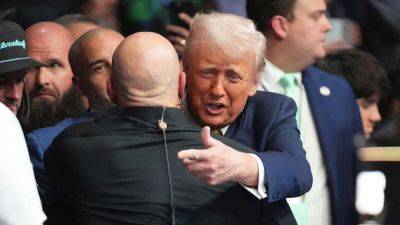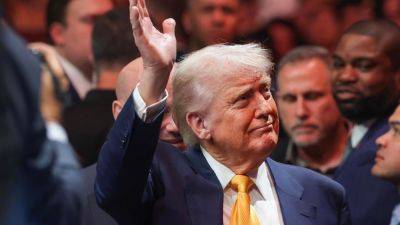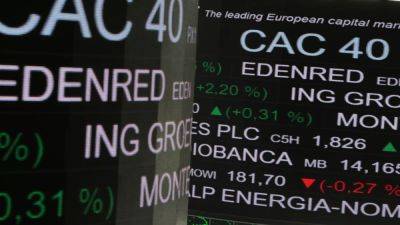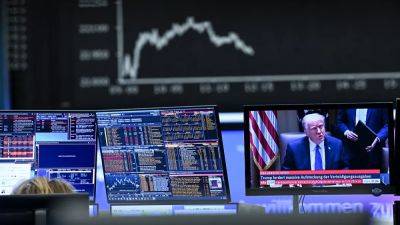European markets open lower as Trump's sweeping tariffs take effect
The lower open in Europe comes as US President Donald Trump’s new tariffs came into effect at midnight Eastern Time, including total import levies of 104% on Chinese goods. US Customs and Border Protection confirmed that it was preparing to collect country-specific tariffs from 86 nations.
While the president indicated he remained open to negotiations, he also confirmed that the planned tariffs on Chinese imports would proceed. He signed an executive order tripling tariffs on low-value Chinese goods to 90%, effective from 2 May.
Trump stated that he was making “tailored deals” with certain nations, as some Asian countries and the European Union were open to discussions. However, there has been no further response from China since it vowed on Tuesday to “fight to the end”. “China also wants to make a deal, badly, but they don’t know how to get it started. We are waiting for their call. It will happen!” Trump said at the White House on Tuesday.
As of 09:15 CET, the Euro STOXX 50 was down 2.40%, the broader STOXX 600 fell 2.55%, while France's CAC 40 declined 2.6%.
Germany's DAX dropped 2.1%, and London’s FTSE 100 declined 2%. In Italy, the FTSE MIB dropped 2.85% and Spain's IBEX 35 lost 2.64%.
European car companies also opened in negative territory with Volkswagen AG shares falling 2.44%, Mercedes-Benz Group AG down 2.45%, and Ferrari N.V. losing 1.78%.
Equity markets across Asia also resumed their declines, with Hong Kong’s Hang Seng Index falling nearly 2%, Japan’s Nikkei 225 slumping 4%, Australia’s ASX 200 losing 1.8%, and South Korea’s Kospi down 1.7% by 5:50 a.m. Central European Time.
In China, the People’s Bank of China (PBOC) weakened the Yuan fixing against the US dollar for a fifth consecutive session. The USD/CNY








